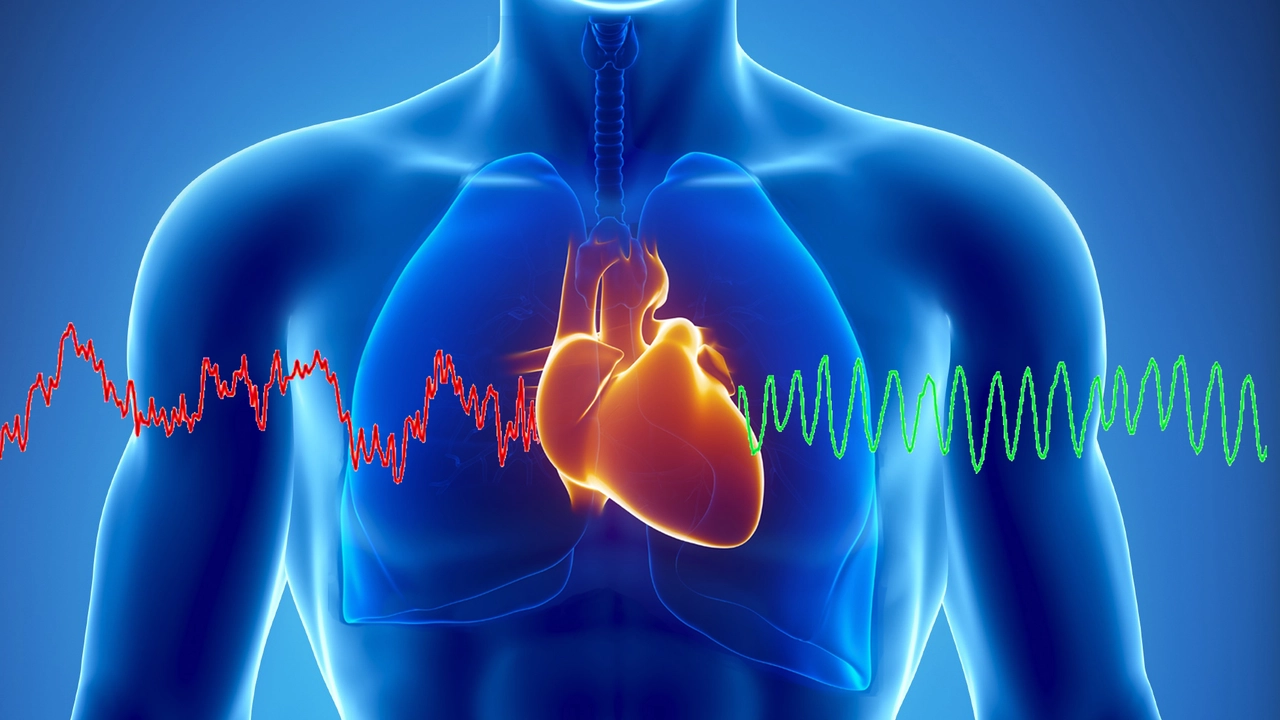Hi guys, in today's post we're addressing a topic that has been on my mind for a while - can a strike to the chest actually stop the heart? We'll dig into the science behind the heart's functionality, explore what kind of impact could possibly disrupt it, and discuss ways to ensure heart health even in physically demanding situations. Remember, understanding our bodies is a key step towards keeping them safe. Stick around for an enlightening discussion!
Heart Health: Staying Safe While Enjoying Sports
If you’ve had a heart stent or just want a strong ticker, you probably wonder which sports are safe. The good news is most activities are fine – you just need a few simple checks.
What to Know After a Heart Stent
First off, talk to your cardiologist before you lace up shoes or grab a ball. They’ll look at the stent placement, your recovery time, and any meds you’re on. Most doctors say light to moderate exercise helps the heart heal, but high‑impact contact sports can push too hard on the stent.
Typical advice includes waiting at least 4‑6 weeks before any vigorous activity. During that time, stick to walking, gentle cycling, or low‑key swimming. Once cleared, you can slowly add more intensity, but always listen to your body – chest tightness or unusual fatigue are red flags.
Choosing Safe Sports for Your Heart
Non‑contact options are the easiest route. Swimming gives a full‑body workout without jarring the chest. Cycling (stationary or road) lets you control resistance and keep heart rate steady. Yoga and Pilates improve flexibility and reduce stress, which is a hidden heart‑killer.
If you love team games, look for low‑contact versions. Soccer drills without tackling, basketball shooting drills, or ultimate frisbee can keep the heart pumping without big collisions. Always wear proper protective gear and avoid rough play.When it comes to contact sports like football, rugby, or boxing, most cardiologists recommend steering clear, especially within the first year after a stent. The sudden blows can strain the artery where the stent sits, raising the risk of damage.
That doesn’t mean you have to quit forever. Some athletes return to contact sports after a thorough evaluation, a stress test, and a customized training plan. It’s a case‑by‑case decision, not a blanket rule.
Besides sport choice, keep these habits in mind for overall heart health: eat plenty of fruits, veggies, and whole grains; limit salty and greasy foods; stay hydrated; and get enough sleep. Regular check‑ups keep you on track and catch any issues early.
Remember, the goal is to enjoy the game, not gamble with your health. Pick activities you like, ease into them, and let your doctor guide the pace. Your heart will thank you with more energy and fewer worries.
